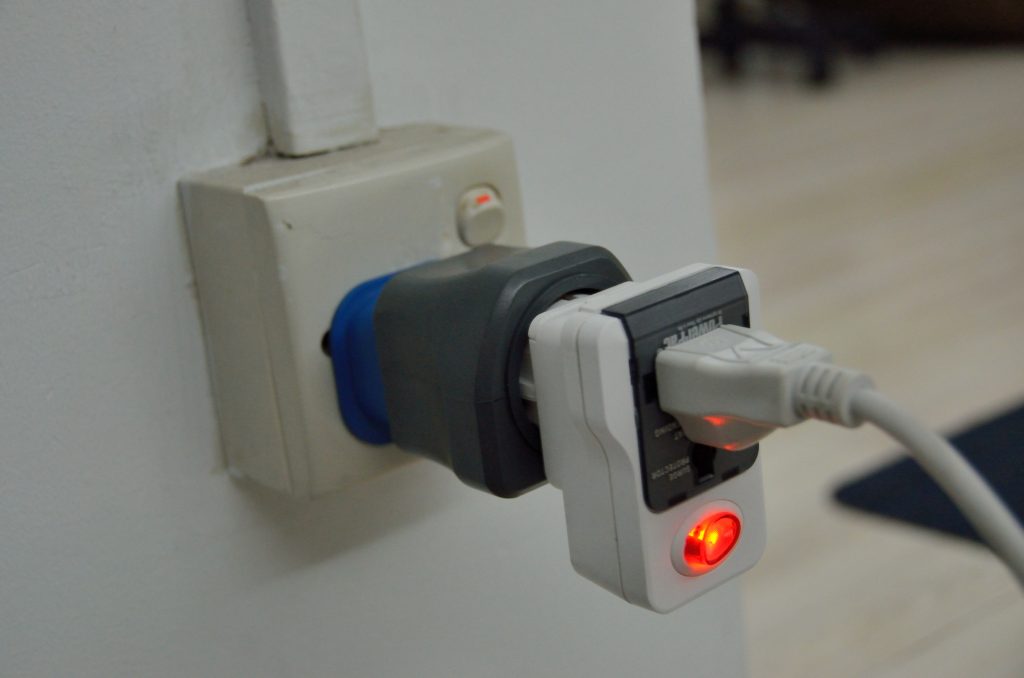Electrical equipment is common to every office, notes Jeson Pitt

According to one study, one person is electrocuted every single day in their workplace and most are within the age group of 25-44 years.
These numbers are really disturbing and show how important electrical safety is in your workplace.
Let’s learn more about it and the different ways you can minimize the risks.
Risks from electricity
Electricity is a merciless element. Or course, it gives you the power to operate your electrical devices but, at the same time, it can also prove to be fatal.
It is extremely important to ensure that your workplace is safe to work in and that you have taken the necessary electrical safety precautions regarding electricity.
Anyone who may be exposed to ‘live parts’ either through direct contact or indirectly through a good conductor of electricity is at an increased risk.
Voltages over 50 volts AC or 120 volts DC are considered hazardous within the workplace.
Shocks from faulty equipment are also responsible for causing severe injury, some of which may even have a lifelong impact.
Ensure that all the equipment is regularly inspected to eliminate potential electrical problems.
Faulty electrical circuits and appliances can also invite massive fires which can cause damage to property as well as the lives of people working on the property.
Apart from causing loss of life and property, fires can also damage the plant life and equipment in and around the premises.
As per the US Health and Safety Executive (HSE), there are about 1000 cases of electrical accidents that are caused due to electrical shocks and burns each year.
Approximately 30% of these are fatal, with most of them arising from contact with overhead or underground power cables.
Who faces the most risk?
There is no exception on who can face the risk of electrical accidents.
Absolutely everyone is exposed to the dangers of electricity at the workplace.
It is important that everyone is made aware of these dangers of electrical hazards on site.
There are some people who are more at risk, such as the maintenance staff, people working with electrical equipment and machinery, and people working in harsh and high-risk environments such as construction sites and nuclear plants.
They are more prone to accidents as they work in close proximity to the electrical equipment, or they might handle equipment that is assumed to be dead but may be live.
Those who haven’t received adequate training, those working on faulty equipment or those who fail to take proper precautions are also at risk.
Tips that help
You must follow these tips in your facility to ensure that there are minimum electrical accidents:
- Make sure that all the appliances are turned off when you leave work at the end of the day.
- Do not use any equipment if you see that it is cracked, broken or the cords are frayed.
- Immediately unplug an appliance if it is giving a strange or a burning smell.
- Make sure that everyone uses only those appliances that are grounded and which can be plugged into grounded three-prong outlets.
- Ensure that extension cords are never suspended or hung using staples, wire or nails.
- Always use insulating tools and safety gloves while operating electrical appliances.
- Check all the plugs to make sure that they fit securely into their outlets. In case they don’t fit, do not force it into the outlet. Loose-fitting plugs can cause equipment to overheat and catch fire.
- Ensure that the fuse is correctly rated and that all appliances have been approved by an independent testing laboratory.
- Constantly audit, measure and improve the electrical safety processes in your facility.
- Keep a minimum of 3 feet of clearance in front of electrical panels.
Mitigate the risks of electrical accidents and provide a safe work environment to all your employees by following safety precautions and inculcating safe work practices amongst your employees.
Jeson Pitt works with the marketing department of D&F Liquidators and writes regularly to share his knowledge




